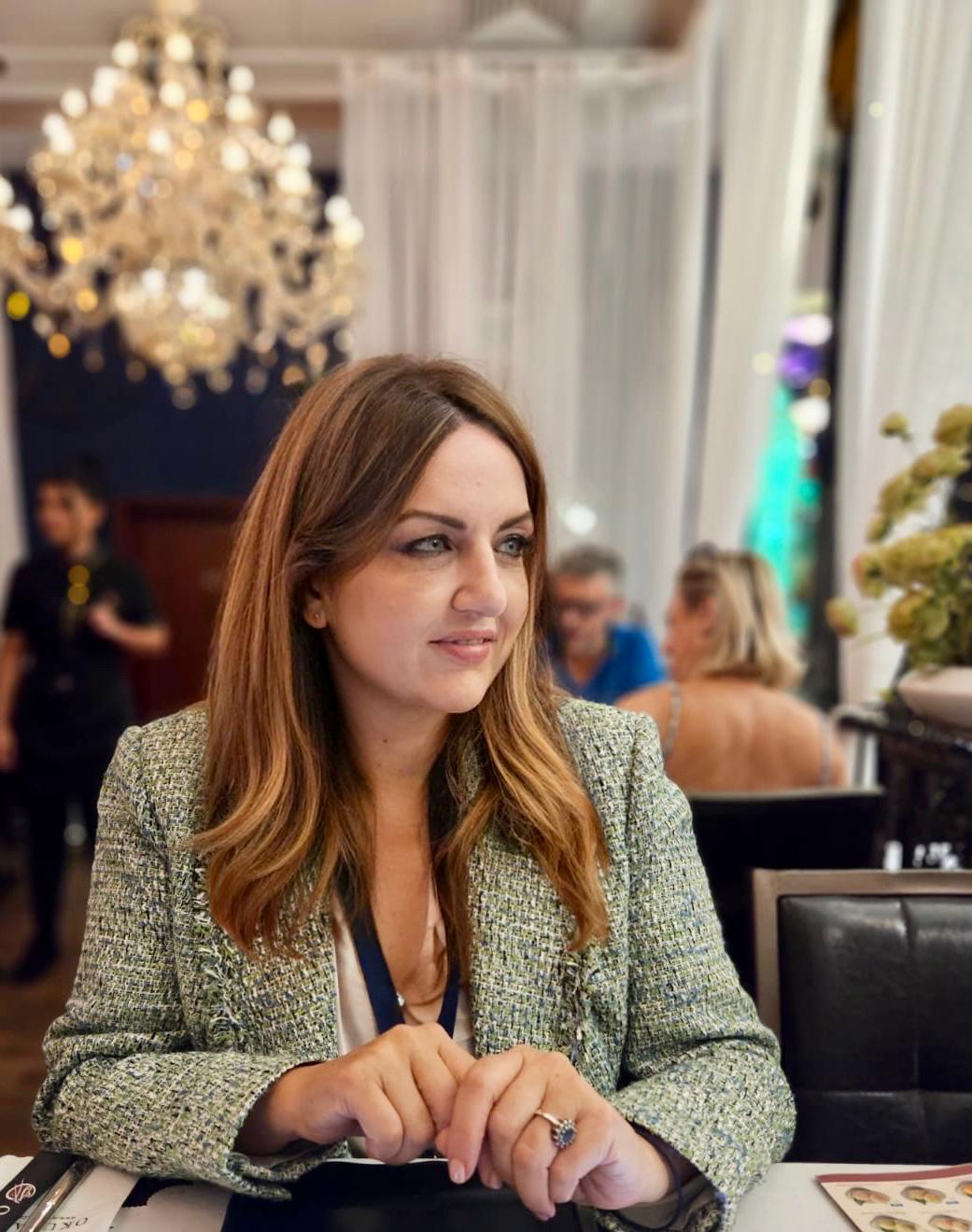In their call to action, the Coalition Against SLAPPs in Europe (CASE) recommended, among other things, that any efforts to weaken the minimum standards on anti-SLAPP legislation proposed by the European Commission must be fought back.
The statement was published following the first-ever European Anti-SLAPP Conference held last week in Strasbourg. It brought together key stakeholders to discuss the threats posed by SLAPPs (Strategic Lawsuits Against Public Participation) and the best tools to fight against them.
SLAPPs are abusive lawsuits that use the litigation and pre-litigation process to silence critical speech, a tactic often pursued by rich and powerful individuals or organisations. SLAPPs are primarily used to silence and harass critics by forcing them to spend money to defend these baseless suits thus draining the target’s financial resources.
New Labour MP Naomi Cachia was the government’s representative at the conference and was tasked with presenting the government’s anti-SLAPP proposals, despite the same proposals having long been deemed inadequate by numerous local and international media and legal experts.
In her brief speech, Cachia did little more than reiterate the government’s official stance on its proposed legislation for the safety of journalists and the safeguarding of media freedom.
Cachia touched upon the proposed amendment to Malta’s Constitution, which will include the recognition of free media and the role of the media as a public watchdog without mentioning, however, that this amendment will be included as a new article (20B) within the Constitution’s declaration of principles and is therefore not enforceable in a court of law.
She went on to describe the government’s anti-SLAPP proposals, even though the proposals disregard the recommendations from international organisations such as OSCE and Article 19 and concluded her presentation by stating that the government of Malta remains open to discussion, will consider any proposals and “will continue to pursue constructive dialogue”.
Shortly after her presentation, Cachia was repeatedly challenged by the members of the audience about the government’s lack of broad public consultation and about the fact that the government’s legislative proposals for the protection of journalists do not meet the minimum international standards, as confirmed by the Council of Europe’s Human Rights Commissioner.
In response, Cachia said the Maltese government was not planning to rush through the proposed legislation until it had received feedback from journalists and other stakeholders. Yet a few days before Cachia’s presentation, the government intended to forge ahead with debating the proposed legislation in the House of Representatives.
Only after criticism from independent journalists who applied pressure on the press association in Malta (IGM) did the prime minister finally halt the parliamentary process and promise to open the draft legislation to public scrutiny.
Cachia was also asked about the government’s views on the EU’s proposed anti-SLAPP directive, to which she replied that the government was waiting to see what the totality of the directive would entail.
According to records on the IPEX, an interparliamentary platform for the exchange of EU information between national parliaments in the EU and the European Parliament, the European Parliament and Council’s proposed anti-SLAPP directive was sent to Malta’s parliament for scrutiny in April this year.
Another question posed to Cachia was whether Malta’s proposed media legislation covers individuals other than journalists, such as civil society and human rights defenders, to which Cachia replied that it did. However, in its current form, the legislation makes no mention of other actors outside journalism and media.
In her opening speech at the start of the conference, the Council of Europe’s Commissioner for Human Rights, Dunja Mijatovic spoke about how not long after she took up office as Council of Europe Commissioner for Human Rights, she started working on alerting governments to the dangers that SLAPPs pose to their democracies and how in 2020, she published a Human Rights Comment outlining the main problems and calling on the authorities of member states to tackle SLAPPs more resolutely.
In the same speech, the Commissioner also mentioned the publication of her letter to Prime Minister Robert Abela. She also referred to the problematic use of SLAPPs by state agencies in response to freedom of information (FOI) requests, such as the 40 FOI appeals brought against The Shift by several government entities.
SLAPPs “are the second most dangerous threat to freedom of expression and dissent after physical violence,” Mijatovic said before adding that “whoever controls the flow of information and can influence freedom of expression has a great deal of power. We must ensure that these fundamental aspects of human activities and of democracy remain free and at the service of the public interest”.
At the time of her assassination five years ago. Daphne Caruana Galizia was facing 47 of these types of lawsuits exposing the growing problem of vexatious or malicious lawsuits facing journalists and other public watchdogs across Europe.













